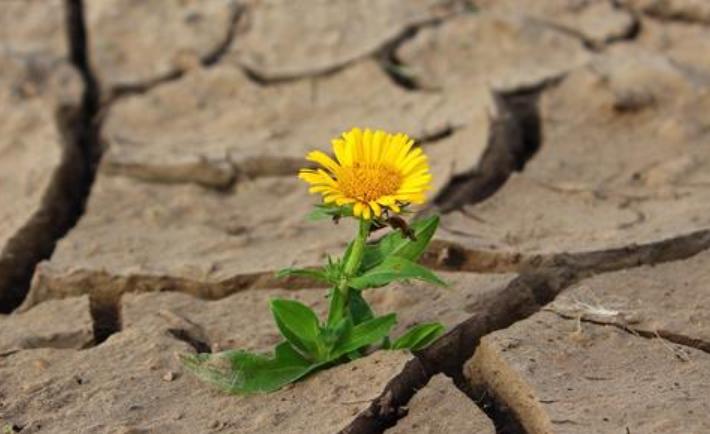Poor water management and over-harvesting are the main reasons for the decline in flow and the poor health of the Darling River in Australia.
Researchers at the Australian National University (ANU) have studied the impact of both climate change and water management on the Darling River over the past 40 years.
The study showed that the main reason for the decline in river flow on the Darling River, known to the indigenous people as the Barka River, is not due to a drying climate, but to the annual large-scale water withdrawal and uncontrolled water management.
The results show that while climate change is clearly happening, it cannot be used as an “excuse” for the negative effects of poor water management on the Darling River. But it is important to note that the poor condition of rivers is associated with systemic problems in redistribution.
But the history of fish deaths in the Menindee Lakes and the deterioration of the health of wetlands of international importance, such as the Macquarie Marshes, is linked to reduced river flow,” said Professor Richard Kingsford, director of the Center for Ecosystem Sciences at UNSW Sydney.
Scientists analyzed the reasons for the decline in river flow and the impact on the number of waterfowl over the past 40 years at Darling. Unlike the almost pristine Paru River, with little to no water production, the Darling River has nine major dams and tributaries with a total storage capacity equal to Sydney’s nine harbors (4.415 billion litres).
For decades, the Darling has had a high rate of water production driven by water distribution and provided by the canal’s 15 main dams and over 1,000 smaller dams along its 1,000 km length, including upstream.
“We need to reduce water production and redistribute water on this iconic river to ensure minimum river flows for downstream communities and critical environments.
This task is urgent if we, as a nation, are to achieve what we agreed with the Murray-Darling Basin Plan ten years ago – healthy, sustainable, working rivers,” the scientists concluded in their report.

